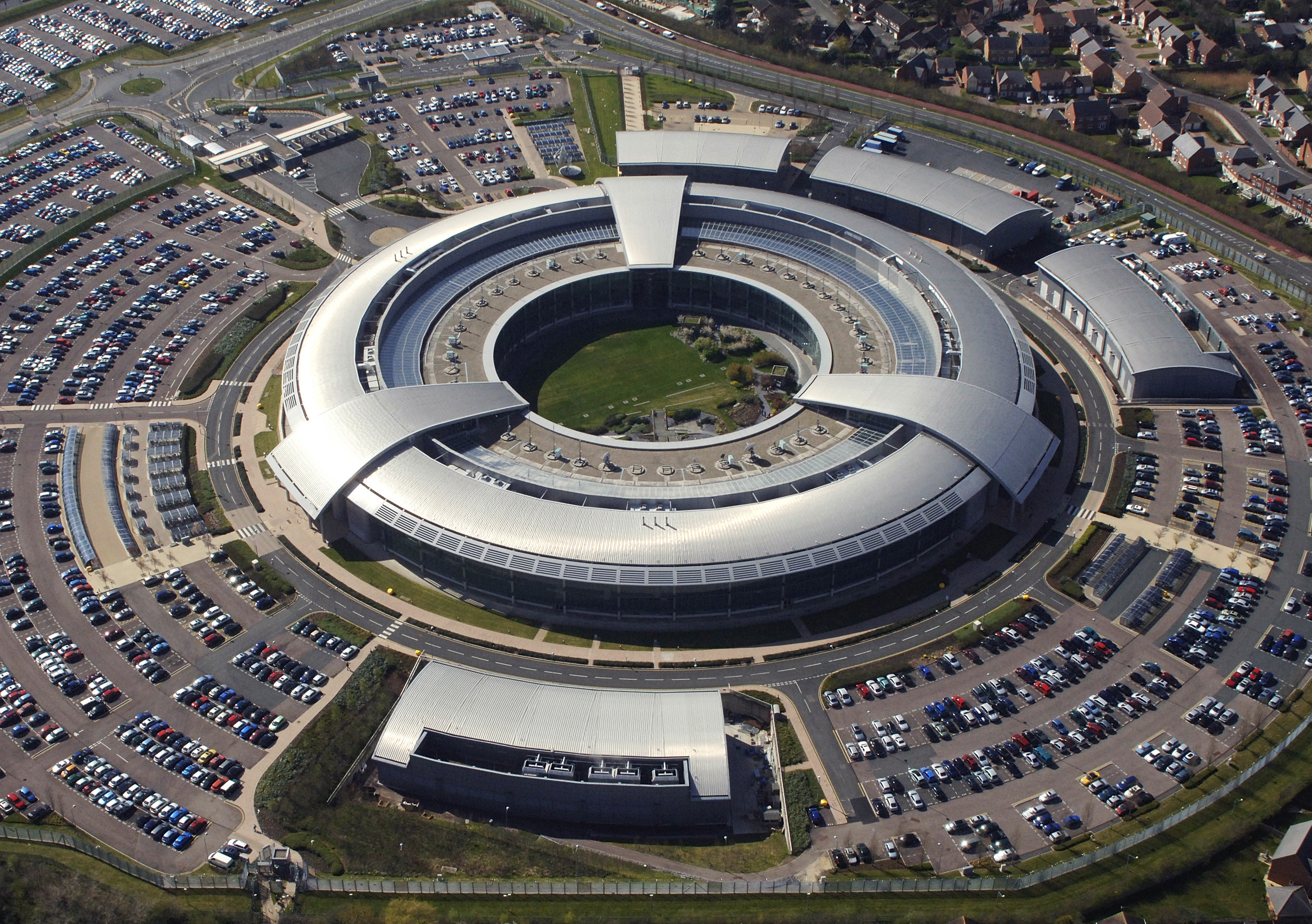High Court Rules UK's Surveillance Powers Violate Human Rights
UK's High Court found the rushed Data Retention and Investigatory Powers Act (DRIPA) to be illegal under the European Convention on Human Rights and EU Charter of Fundamental Rights, both of which require respect for private and family life, as well as protection of personal data in the case of the latter.
DRIPA was challenged by two members of Parliament (MPs), Labor's Tom Watson and the Conservative David Davis, who argued that the surveillance of communications wasn't limited to serious crimes, that individual notices for data collection were kept secret, and that no provision existed to protect those who need professional confidentiality, such as lawyers and journalists.
DRIPA was pushed through in three days last year after the European Court of Justice ruled that the EU data retention powers were disproportionate, which invalidated the previous data retention law in the UK.
The UK High Court also ruled that sections 1 and 2 of DRIPA were unlawful based on the fact that they fail to provide precise policies to ensure that data is only accessed for the purpose of investigating serious crimes. Another major point against DRIPA was that it didn't require judicial approval, which could limit access to only the data that is strictly necessary for investigations.
DRIPA passed in only three days, but the Court allowed it to continue for another nine months, to give the UK government enough time to draft new legislation. Although this almost doubles the time in which this law will exist, it might be better in the long term, as it gives the members of Parliament enough time to debate its successor, without having to rush yet another law fearing that the government's surveillance powers will expire.
This court ruling arrived at the right time, as the UK government is currently preparing the draft for the Investigative Powers Bill (also called Snooper's Charter by many), which further expands the government's surveillance powers and may even request encryption backdoors. It also joins other recent reviews of the government's surveillance laws that called for much stricter oversight done by judges rather than the government's own members.
"Campaigners, MPs across the political spectrum, the Government's own reviewer of terrorism legislation are all calling for judicial oversight and clearer safeguards," said James Welch, Legal Director for Liberty, a human rights organization.
Get Tom's Hardware's best news and in-depth reviews, straight to your inbox.
The High Court has now added its voice, ruling key provisions of DRIPA unlawful. Now is the time for the Home Secretary to commit publicly to surveillance conducted with proper respect for privacy, democracy and the rule of law – not plough on with more of the same," he added.
Follow us @tomshardware, on Facebook and on Google+.
Lucian Armasu is a Contributing Writer for Tom's Hardware US. He covers software news and the issues surrounding privacy and security.
-
surphninja British intelligence should just hire Daniel Craig to represent them as James Bond. Sure, maybe they've violated the human rights of millions and ultimately aim to eliminate any shred of privacy... but who's gonna vote against James Bond?Reply
If the guy's going to stop Spectre, you've gotta give him every tool necessary to get the job done, from exploding bubble gum to unfettered access to the private details of every citizens lives. How's he supposed to stop Goldfinger if you're encrypting your private emails? -
eodeo About time rich bastards with privacy started respecting the little guys privacy. They ought to erect a statue of Snowden for exposing the evil spying asshats that wanted to keep their privacy in exposing ours.Reply
